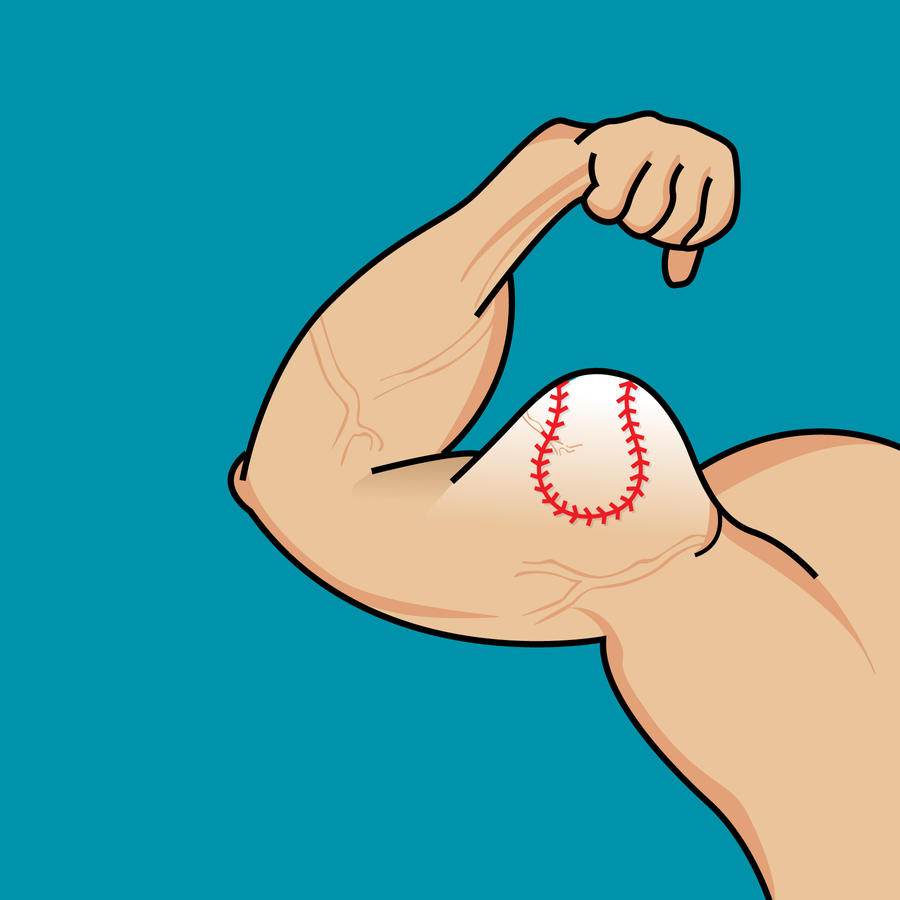Eugenia Lehman

Personal reaction:
Even if I didn't find chapter three to be a very captivating reading, it was full of useful information to help me understand where I need to improve my so I can write better essay.
It covered all the key elements for a properly structured essay and also writing tips for each it's different parts.
It thought it was a very clear and easy to follow path to write a good essay. The various example paragraphs also helped me to understand all the concepts.
Professional reaction:
The efficiency with which the chapter covers all the aspects of essay writing , gives the students the
tools necessary to improver their essay writing.
Chapter 3 takes the reader from the identification of the type of essay, to the introduction, body and conclusion. Every part is explained in a clear and simple way, and the use of examples help the students to see everything more clear.
The chapter also gives tips for the structure of the introduction, body and conclusion as well as an explanation of how to transition and how to support the theories exposed in the essay.
This chapter is a very helpful read for all those who wish to polish their writing technique






